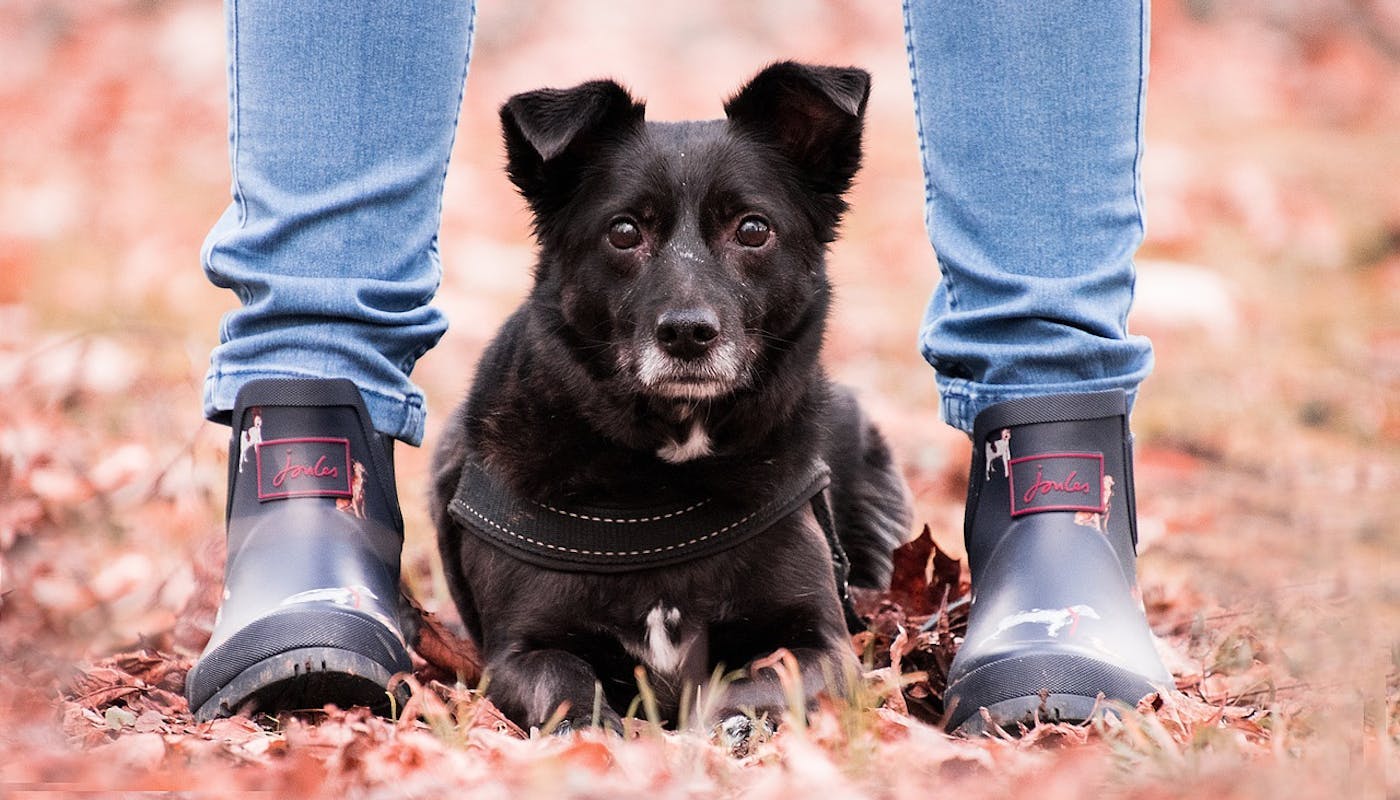How to Strengthen Your Bond With Your Dog
Everyone wants a special bond with their canine companion. We want a dog that obeys commands, that wants to spend time with us, a dog that wags their tail every time they see us. So let’s look at how we can build that connection…
How Do Dogs Benefit from Human Connection?
Dogs aren’t quite as complex as people. They’re engineered to find pleasure in simple things – such as satisfying food, cortisol-lowering contact/learn/dog-lifestyle/do-dogs-like-hugs, and endorphin-raising exercise/learn/dog-health/physical-vs-mental-exercise-for-dogs---whats-the-difference.
Dogs are pack animals, so they benefit from connections in terms of security and confidence. A happy, well-bonded dog will socialize/learn/dog-training/how-to-socialize-a-dog nicely with others and remain loyal, staying close to their owners when a threat is perceived. They’re also a true pleasure to have around. So if you want to strengthen your bond with your dog, here are five things to focus on…
5 Key Ways to Strengthen Your Bond
Shared exercise
If your dog was born to run, you already know about it. Do they leap around when you reach for the leash? Bark when they see your running shoes? Sit beside the door looking mournful when they haven’t been out yet? Our dogs are not subtle! So don’t miss their regular walks/learn/dog-lifestyle/national-walking-day-10-benefits-of-dog-walking-for-mental-health or exercise sessions. Try to be present – throw that ball and race them up that hill (or stroll slowly while they sniff, then let them sit on your lap at the coffee house – you know what kind of walk your dog loves best). Your dog will be thrilled to share their enjoyment with you. Regular exercise is known to lower your dog’s blood pressure and increase antioxidants, among many other benefitshttps://www.ncbi.nlm.nih.gov/pmc/articles/PMC7923746/.
Training
Training features your dog’s favorite things: physical activity (for endorphins) and the joy of receiving positive feedback (more endorphins) from you. Getting tired or stressed about their non-total recall? Teaching them a new trick/learn/dog-training can be a great experience for both of you. Try something simple and pointless like “shake hands” or “roll over/learn/dog-training/how-to-teach-a-dog-to-roll-over”, just for fun! And be sure not to scold if they get it wrong; stick with positive reinforcement techniques/learn/dog-training/positive-reinforcement-training-for-dogs (ie, pockets filled with treats).
Make time to regularly train your dog – the easiest way is to integrate it into your normal day. For instance, try testing your dog’s memory before giving them a treat after their dinner.
Physical affection
A safe, secure dog will often sleep right alongside (or, let’s be honest, on) their owner – or lie across their feet. We think they do this for two reasons: physical contact is known to reduce cortisol (the stress hormone), but our dogs probably also like to maintain contact so that they’re alerted when something happens. (After all, they’re the main security guards around here.)
You can increase the bond with your dog by initiating physical affection and encouraging them to sit or lie close to you.
Grooming
Grooming is another form of positive physical contact (and also very useful). Teaching your dog to trust you is an important part of grooming. You’ll gradually teach them to let you look at their teeth, paws, and belly, developing a sense of trust.
Grooming/learn/dog-lifestyle/how-to-groom-your-own-dog, of course, also reduces matting and improves circulation and skin health – triple whammy.
Use positive body language and attention
Your dog watches your body language, so they’ll know when you are stressed – and studies have shown that dogs respond to human emotional cues/learn/dog-lifestyle/do-dogs-have-emotions. They’ll come close when you are anxious and nuzzle your face when tears appear. There’s a wide body of research showing that dogs seem to have real empathy for humanshttps://www.ncbi.nlm.nih.gov/pmc/articles/PMC10426098/#:~:text=Moreover%2C%20a%20few%20studies%20have,infants%20and%20Siniscalchi%20et%20al..
Giving your dog real attention – and calm, relaxed eye contact – boosts their security and trust, deepening the bond which already exists between you.
Further Reading
Dog ownership is a real gift – read about all the ways that dogs benefit humans/learn/dog-lifestyle/how-do-dogs-help-humans. Try looking at the human-dog relationship from a dog’s perspective!/learn/dog-lifestyle/a-dogs-guide-to-understanding-humans
